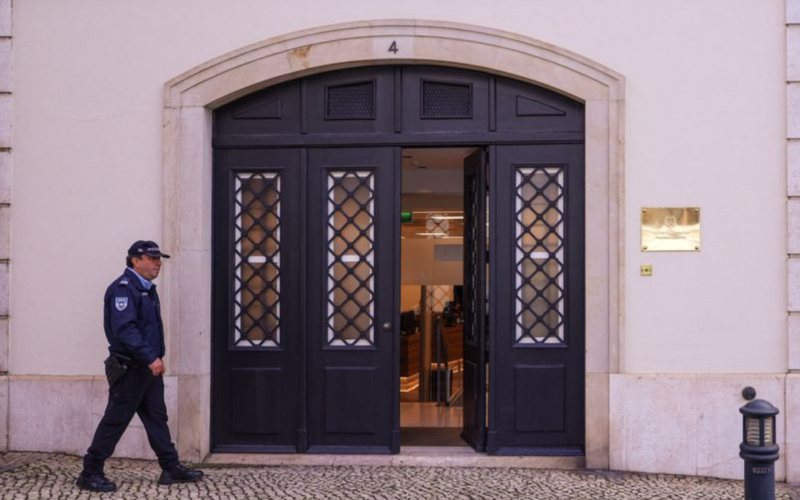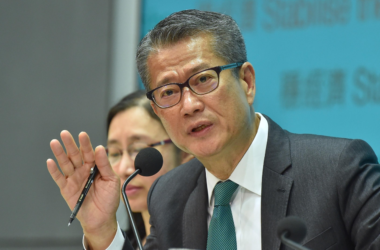Portuguese prosecutors have taken significant steps in their investigation into alleged irregularities surrounding lithium and “green” hydrogen deals, which has now led to the search of government buildings. While local media reports suggest that two individuals closely associated with Prime Minister Antonio Costa were detained, the authorities have not officially released the names of any suspects.
The investigation into lithium and hydrogen projects was publicly acknowledged by public prosecutors in January of this year, although no specific suspects were named at that time. The recent developments involve extensive searches in government facilities, with investigators reportedly targeting various key locations, including the official residence of the Prime Minister, the Environment Ministry, and the home of Infrastructure Minister Joao Galamba.
It has been reported that at least five individuals have been detained in connection with this investigation. Notably, among those individuals are Vitor Escaria, the chief of staff of Prime Minister Antonio Costa, and Diogo Lacerda Machado, a business consultant and close friend of the Prime Minister. Costa’s office has confirmed the searches at Escaria’s premises, but further comments on the matter were not provided. As of now, Diogo Lacerda Machado has not issued a public statement, and attempts to reach him for comment have not been successful.
The investigation into lithium is believed to be linked to mining projects located in the northern municipality of Montalegre. Portugal, with 60,000 metric tons of known lithium reserves, stands as Europe’s largest producer of this vital resource. While lithium mining is already a significant industry in the country, the renewed focus on high-grade lithium, used in electric vehicles and electronic devices, has drawn various national and international companies to tap into Portuguese lithium deposits.
These recent developments underscore the importance of ensuring transparency and legality in lithium and hydrogen deals, particularly in the context of renewable energy and sustainability. The investigation conducted by Portuguese prosecutors seeks to ascertain whether any illegal activities have taken place in these sectors, with the searches of government buildings aimed at gathering crucial evidence in this regard.
As the investigation continues, it highlights the significance of upholding the law and ethical standards in the pursuit of energy and environmental initiatives. The outcome of this inquiry may have far-reaching implications for the lithium and hydrogen industries in Portugal and serve as a reminder of the importance of integrity and legality in all sectors, especially those that play a pivotal role in the transition to greener and more sustainable forms of energy.








